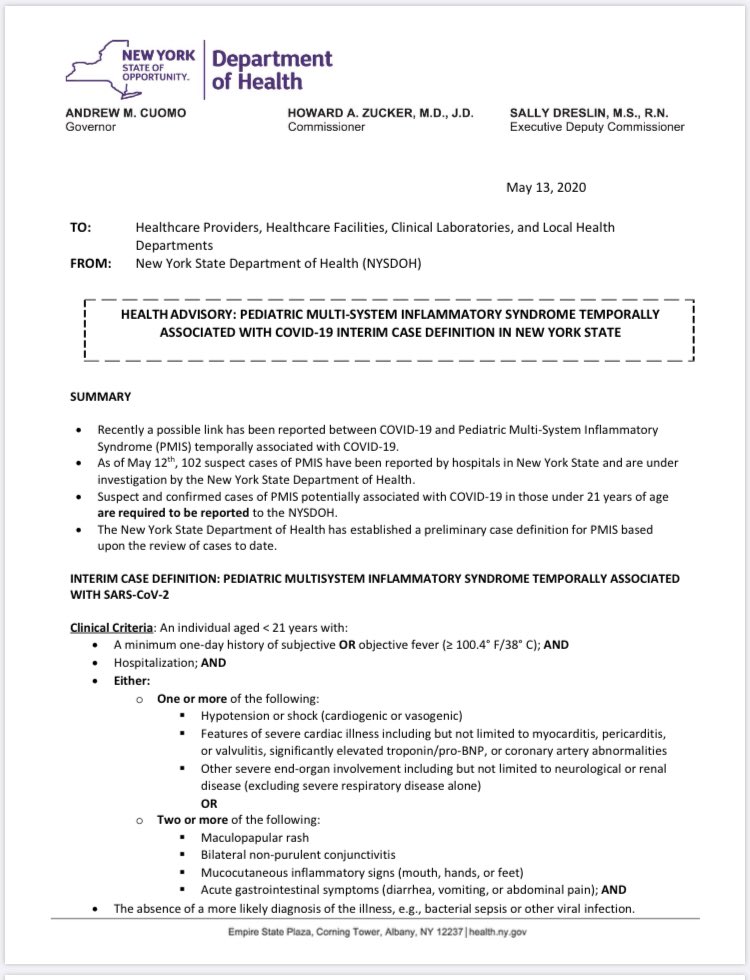
1. Employees should stay home for 14 days after contact (within 6 feet for 15 minutes) with a person who has #COVID19. Period. Even if someone tests negative or feels well, they must quarantine for the full 2 weeks because symptoms can appear 2 to 14 days after exposure.
2. Mike Pence's VP debate appearance 11 days after the ceremony led many to believe that quarantine can terminate early with a negative test. This fallacy was reinforced by the CDC Director, who cited "serial negative test results" to end quarantine early. That is not a thing.
3. It's possible, although unlikely, to develop symptoms more than 14 days after exposure. The Labor Secretary's wife, Trish Scalia, attended the Rose Garden ceremony and tested positive outside of this window. It is unclear when her infection occurred.
The ripple effect of the Rose Garden ceremony is hard to overstate & extends to all sorts of industries. Many feel compelled to bring in experts to explain why such carefully-worded CDC recommendations have been so flagrantly disregarded. Can they disregard the guidance, too?
• • •
Missing some Tweet in this thread? You can try to
force a refresh



